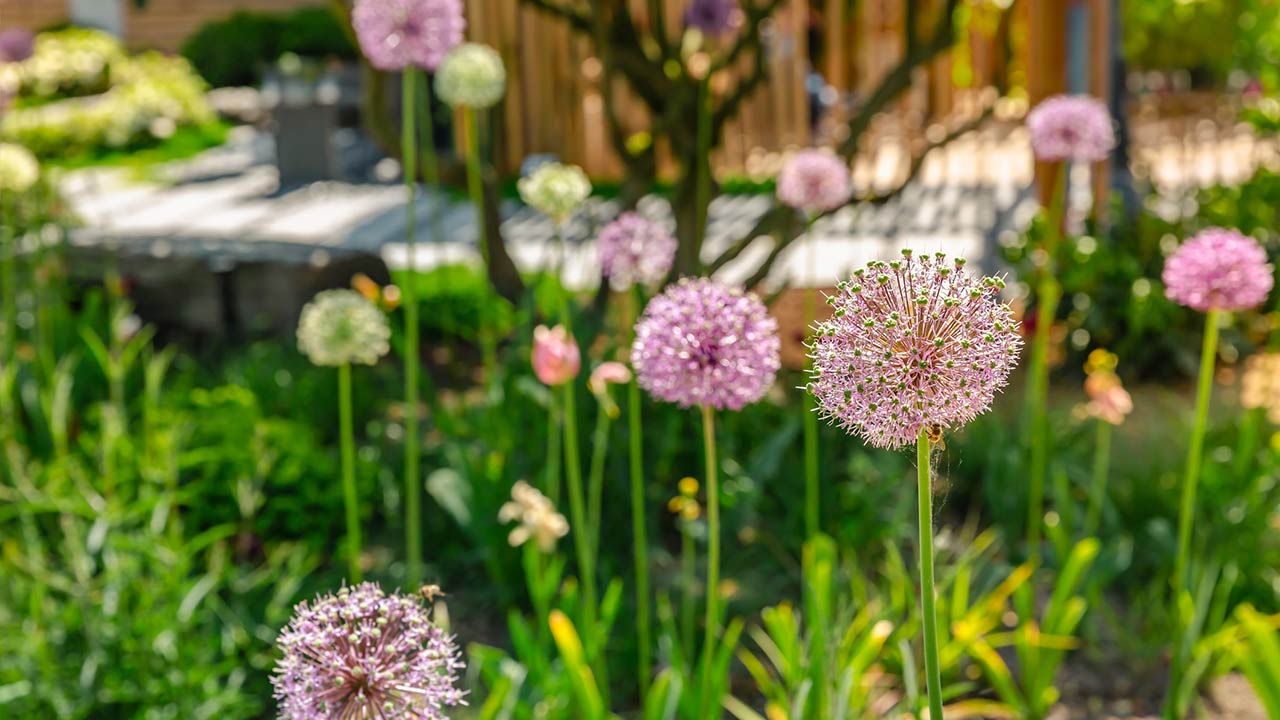Should You Wait for Lower Prices or Lower Interest Rates When Buying a House?
Everyone’s looking for a deal when it comes to buying a home. No one wants to pay any more than they have to. In a buyer’s market, home buyers might take their time looking for properties in anticipation that prices will go lower. In a seller’s market, on the other hand, buyers are more apt to pounce on a home they love out of fear that the prices will continue to rise.
In both scenarios, buyers’ decisions are influenced by the fear that they’ll pay more for their homes than necessary.
With mortgage interest rates hovering at record lows over the past few years, now is as good a time as ever to buy. Despite such low interest rates, buyers are still waiting to make their move.
Comparing a Drop in Listing Prices to a Rise in Interest Rates
Obviously, a drop in listing prices is going to spark interest among buyers. What many buyers may not realize is that the listing price of a home needs to come down quite a bit in order to match the savings from a very small change in interest rates.
In today’s market, housing prices are on the rise. Just last year, housing prices rose 5.7%, and are expected to rise another 5.9% in 2015. During the first quarter of this year, housing prices increased in 85% of major U.S. cities, thanks to low interest rates and a strong labor market.
At this rate, it’s likely that the property you’ve got your eye on will be a lot more expensive just a few months down the road. In the meantime, you could be wasting time building equity in your home. With the savings you could realistically experience from lower price points and interest rates, now is the time to buy.
Let’s say you bought a house for $300,000, and took out a mortgage for $250,000. At a fixed interest rate of 3.5% and a 30-year amortization period, you’d be paying $1,119.10 per month, and $152,870.19 in interest over the life of your mortgage.
If the interest rate increased by a mere 0.5%, you’d be paying $1,188.80 per month, a difference of $69.70. Your total interest paid over the life of your mortgage would be increased to $177,965.76, a difference of $25,095.57.
If interest rates remained at 3.5%, but the price of the home you’re looking at drops to $290,000, your mortgaged amount would be reduced to $240,000 if you kept your down payment the same. With these numbers, your monthly payments would be $1,074.33 and your interest payments over the life of your loan would be $146,757.02. That’s a difference of $44.77 per month in mortgage payments, and a difference of $6,113.17 in total interest charges.
That sounds great, right? But what if interest rates go up 0.5% instead of going down by the same amount?
At a 4% interest rate, you’d be paying $1,141.25 per month in mortgage payments and $170,846.47 in interest over the life of the loan on a $240,000 mortgage. That’s an additional $22.15 per month and $17,976.28 in interest you could have saved if you had paid $10,000 more for the home at a lower interest rate.
The current prices of homes are still well below the peak prices from the housing boom in 2005. Couple that with all-time low mortgage interest rates. These lows won’t last forever – at some point they’ll both start to rise.
With mortgage interest rates still bouncing around record lows, and home prices on the rise, there’s no better time than the present to get into the market. With an experienced real estate agent on your team, you can be sure that you’ll be making the most informed and sound purchasing decision.











